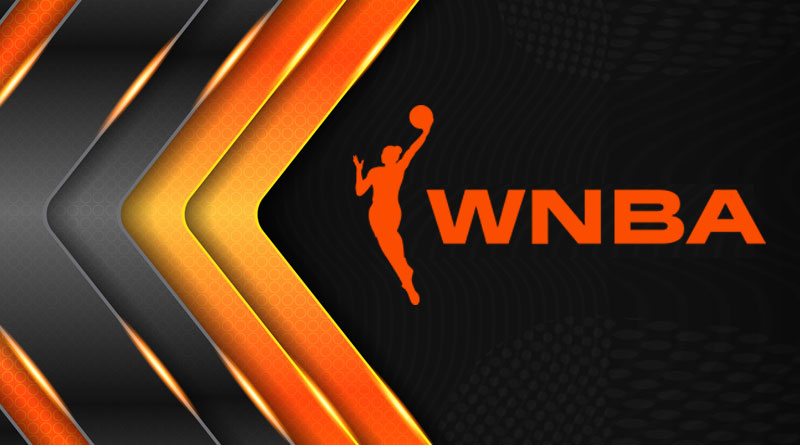WNBA Whistle Watch: Officiating Under the Microscope as League Grows
As the WNBA hits its All-Star break, there’s been as much chatter about whistles as there has been about baskets. From rookies to veterans, players and coaches across the league are calling for more consistent officiating in what has become a more physical, more scrutinized, and more widely-watched season than ever before.
Caitlin Clark’s heated exchange with a referee earlier this week during Indiana’s game at Connecticut put a spotlight on frustrations many players share: that the physicality allowed on the court has ramped up, while the consistency of foul calls hasn’t kept pace. From Angel Reese voicing her frustration after a loss to Minnesota, to Becky Hammon calling the officiating “awful” following a tough night for her Las Vegas Aces, the noise has grown louder with each controversial call — and non-call.
League officiating executives maintain that they hold referees accountable through grading, training, and disciplinary measures when warranted, though they do not fine referees for judgment calls — much to the chagrin of players like Natasha Cloud, who argues accountability should go both ways.
Yet as physicality rises, some players have embraced it. Veterans like Stefanie Dolson appreciate the freedom to play through contact, while others argue that consistency — not just toughness — is the key.
With league popularity at an all-time high, attendance records being broken, and more eyes watching every move, the pressure on officials has grown in tandem with the game itself. The WNBA’s challenge now is to meet that moment, ensuring the integrity of play while letting the athletes shine — not the whistles.
One thing’s clear: the WNBA is no longer just fighting for respect on the court — it’s also fighting for consistency in how the game is called. As the second half of the season tips off, all eyes will remain on the players and the stripes.

